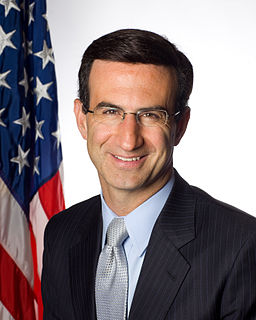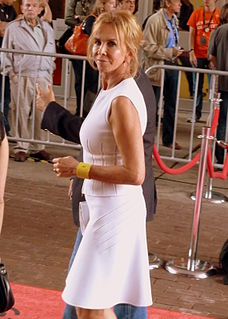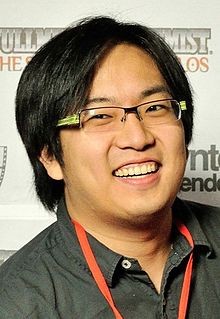A Quote by Lee Myung-bak
When the Korean economy was just trying to get back on its feet after the war, having parks was a luxury
Related Quotes
When I grew up, in Taiwan, the Korean War was seen as a good war, where America protected Asia. It was sort of an extension of World War II. And it was, of course, the peak of the Cold War. People in Taiwan were generally proAmerican. The Korean War made Japan. And then the Vietnam War made Taiwan. There is some truth to that.
I'm working on a script right about Civil War re-enactors who go back in time to the actual Civil War. It's kind of a big, crazy Back to the Future comedy. So, of course, it's the Civil War - I play the banjo. I was just having a conversation with one of the producers about some of the material and he was like, 'You know, we have to work in a scene where you play the banjo. And I was like I'll get behind that.
With a book called 'Keeping Score,' I really did want to write a book about the Korean War, because I felt that it is the least understood war in the American cultural imagination. So I set out with the idea that Americans didn't know much about the Korean War and that I was going to try to fix a tiny bit of that.
The luxury of today is the necessity of tomorrow. Every advance first comes into being as the luxury of a few rich people, only to become, after a time, an indispensable necessity taken for granted by everyone. Luxury consumption provides industry with the stimulus to discover and introduce new, things. It is one of the dynamic factors in our economy. To it we owe the progressive innovations by which the standard of living of all strata of the population has been gradually raised.
The shift for me, after spending a long time trying to take existing projects and bring them to fruition as a director for hire, is going back to where I started as a self-generating director. After trying and failing to get so many things made, I have decided that you've just got to do something you really, really love.











































